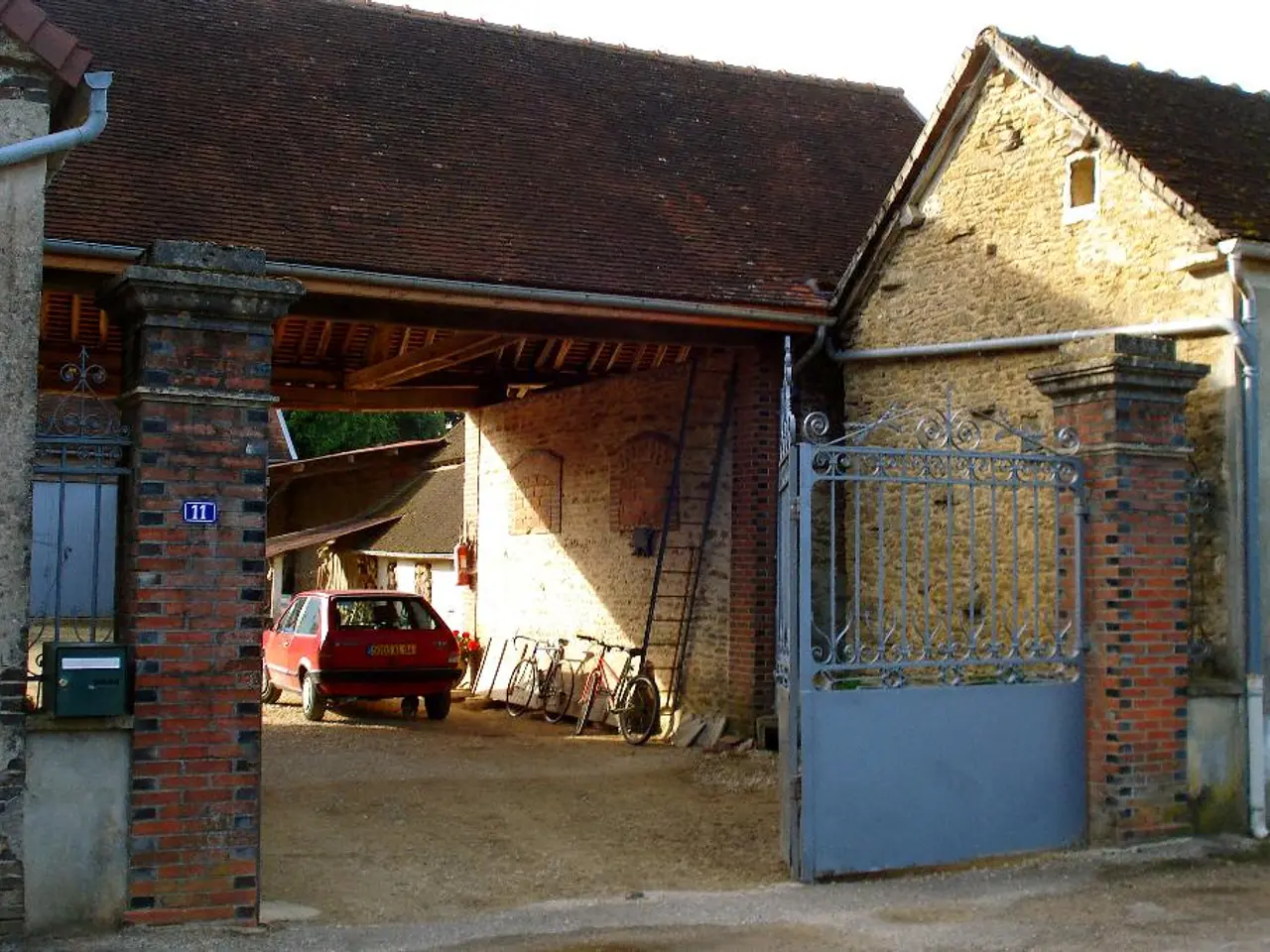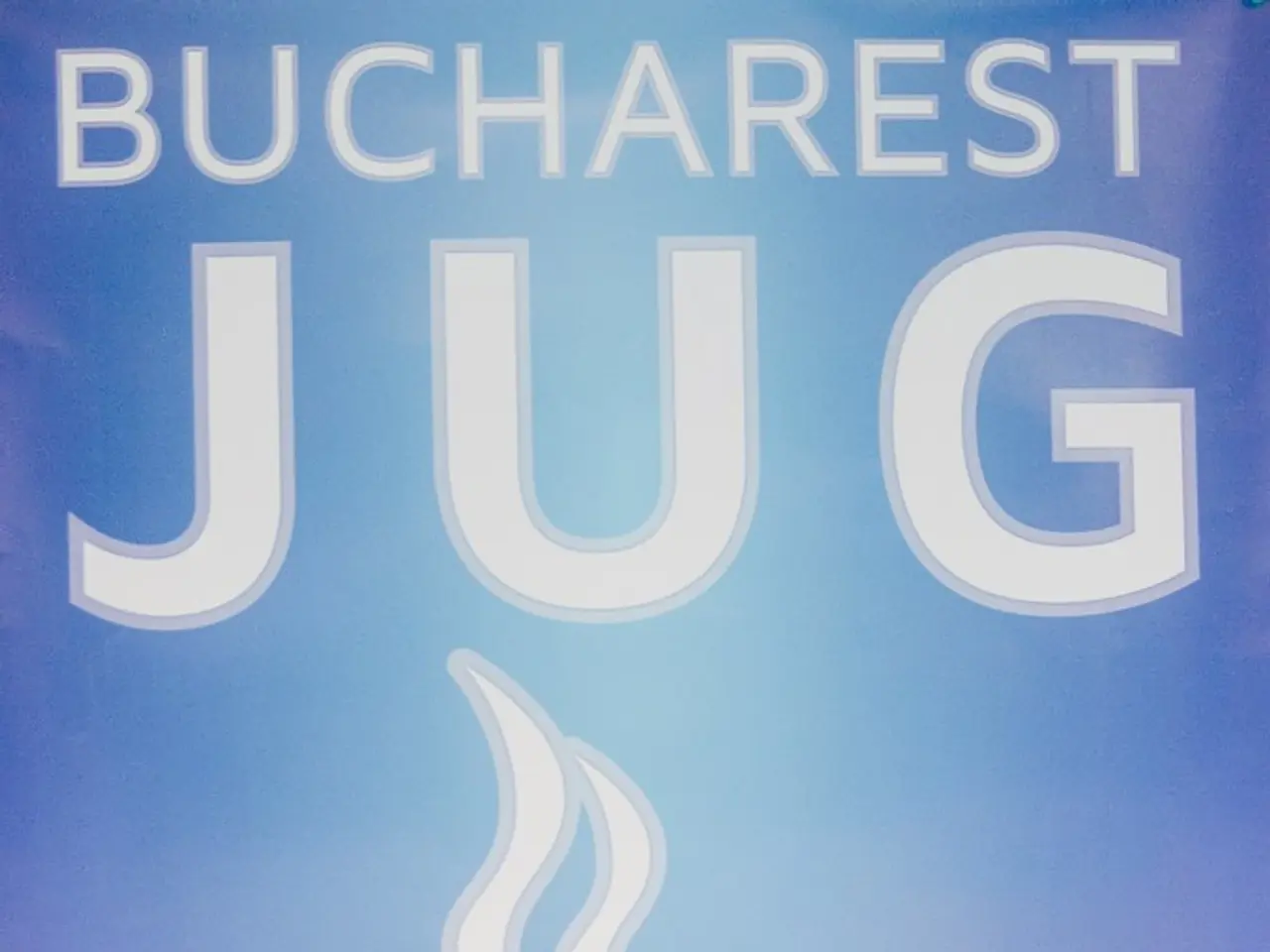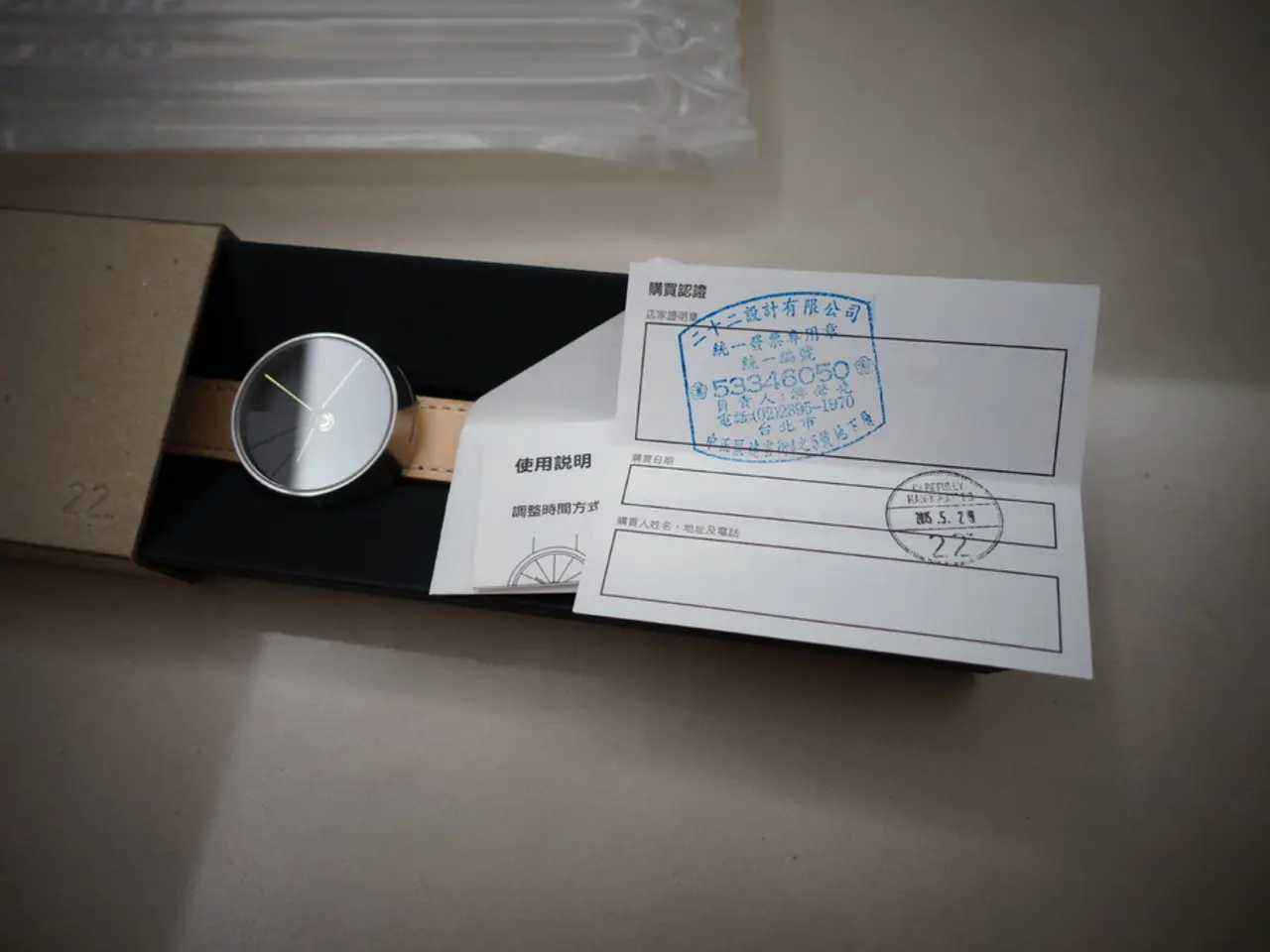Groundbreaking ceremony held for Singapore's initial hydrogen-ready cogeneration plant, a joint project by Keppel and a consortium.
The Keppel Sakra Cogen (KSC) Plant, Singapore's first hydrogen-ready co-generation facility, recently broke ground on Jurong Island, marking a significant stride towards a cleaner and more sustainable energy future.
The KSC Plant, a 600 MW advanced combined-cycle gas-turbine power plant, is Keppel's second such facility on Jurong Island. Its older counterpart has been operational since 2007, with a total capacity of 1,300 MW.
When operational, the KSC Plant is expected to save up to 220,000 tonnes of carbon dioxide per year compared to Singapore's average operating efficiency for the equivalent power generated. This is equivalent to taking about 47,000 cars off the road each year.
The plant's hydrogen-ready capability allows it to utilize hydrogen as a fuel, aligning with Singapore’s commitment to achieve net-zero emissions by 2050 and identifying hydrogen as a major decarbonisation pathway. It can co-fire with 30% hydrogen content and can also run entirely on hydrogen.
The KSC Plant is designed to enhance energy efficiency by simultaneously producing electricity and useful heat, a process known as co-generation. This improves overall energy efficiency and reduces waste. It also integrates with district cooling or industrial steam networks, enhancing utility and reducing environmental impact.
The groundbreaking ceremony was officiated by Minister for Manpower and Second Minister for Trade and Industry Tan See Leng, among others. The plant is expected to be completed in H1 2026 and will reportedly be the "most energy efficient" among the operating fleet in Singapore, with lower emission intensity and higher operation flexibility.
The power sector will need to transition to a net-zero future as electricity demand continues to rise. Between 2023 and 2028, electricity demand in Singapore is expected to grow by at least 4% each year, largely driven by new investments in energy-intensive sectors such as advanced manufacturing and data centres. To meet this demand growth and replace retiring generating units, more generation capacity will be needed.
Keppel, the project's investor, has awarded an engineering, procurement, and construction (EPC) contract to a consortium comprising Mitsubishi Power Asia-Pacific and Jurong Engineering for the construction of the plant. Keppel Infrastructure's Lim considers the KSC plant a "decisive step" by Keppel to invest in best-in-class power-generation technology and pivot to low-carbon solutions for power generation.
Ngiam Shih Chun, CEO of the Energy Market Authority (EMA), encourages other generation companies to make similar investments in hydrogen-ready infrastructure. Keppel is also working with international partners on low-carbon hydrogen and hydrogen-derived fuels such as green ammonia to support the decarbonisation of various industries, including energy and chemical, maritime, and aviation sectors.
However, for a precise timeline of its development and commissioning, as well as detailed technical specifications, official releases from Keppel Corporation or Singapore’s energy agencies would be the most authoritative sources.
Tan See Leng mentioned that Singapore's power system has been in an "overcapacity situation" over the last decade due to "over-bullish investments" by power generation companies. The reserve margin in Singapore's power system will hit 27% by 2025, which is the margin needed to ensure grid reliability. The KSC Plant, with its energy efficiency and flexibility, will play a crucial role in addressing this issue.
In conclusion, the Keppel Sakra Cogen (KSC) Plant is a significant step towards Singapore's goal of achieving net-zero emissions by 2050. Its hydrogen-ready co-generation capabilities, energy efficiency, and adaptability make it a valuable asset for Singapore's power sector as it transitions to a cleaner, more sustainable future.
- Keppel's investment in the KSC Plant, a hydrogen-ready co-generation facility, aligns with Singapore’s financial commitment to achieve net-zero emissions by 2050, as it identifies hydrogen as a major decarbonisation pathway.
- With the KSC Plant's capacity to co-fire with 30% hydrogen content and run entirely on hydrogen, the technology sector stands to benefit from this shift towards a hydrogen economy, offering potential for lower emission intensity and higher operation flexibility.
- As Keppel Infrastructure considers the KSC plant a "decisive step" in investing in low-carbon solutions and best-in-class power-generation technology, other industries, such as energy, chemical, maritime, and aviation, could also explore partnerships to develop and deploy green ammonia for their decarbonisation goals.




